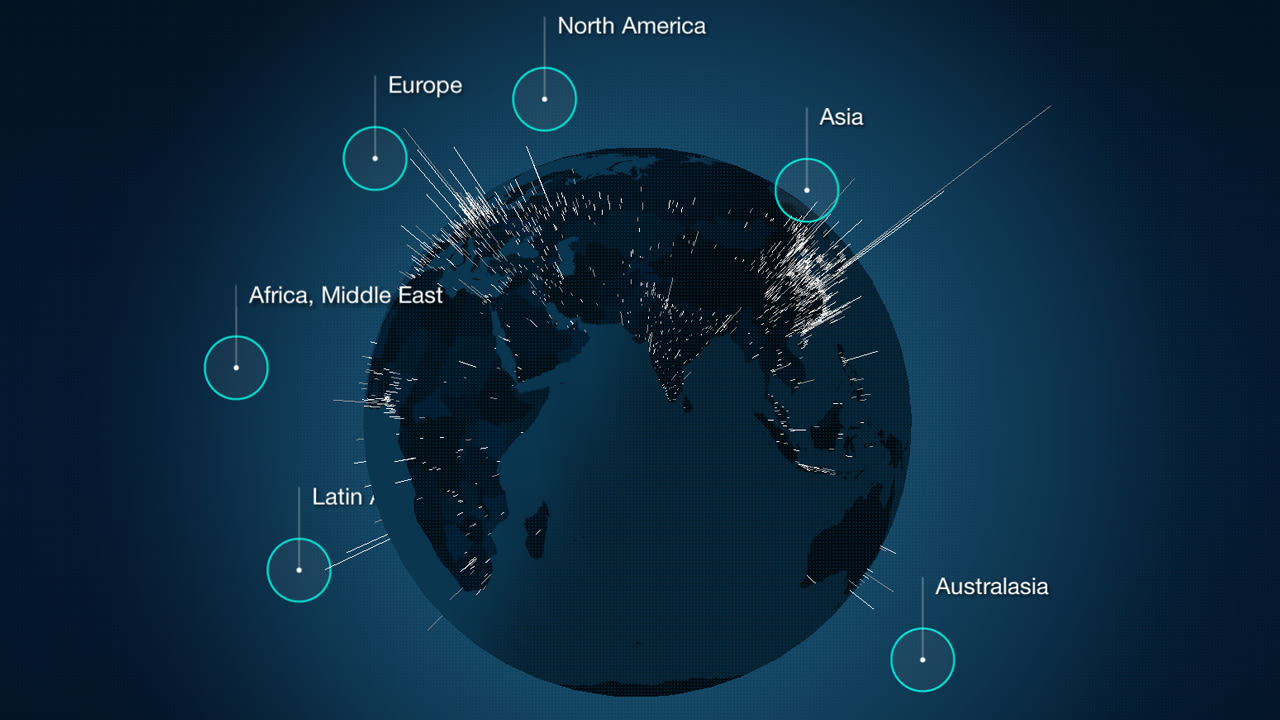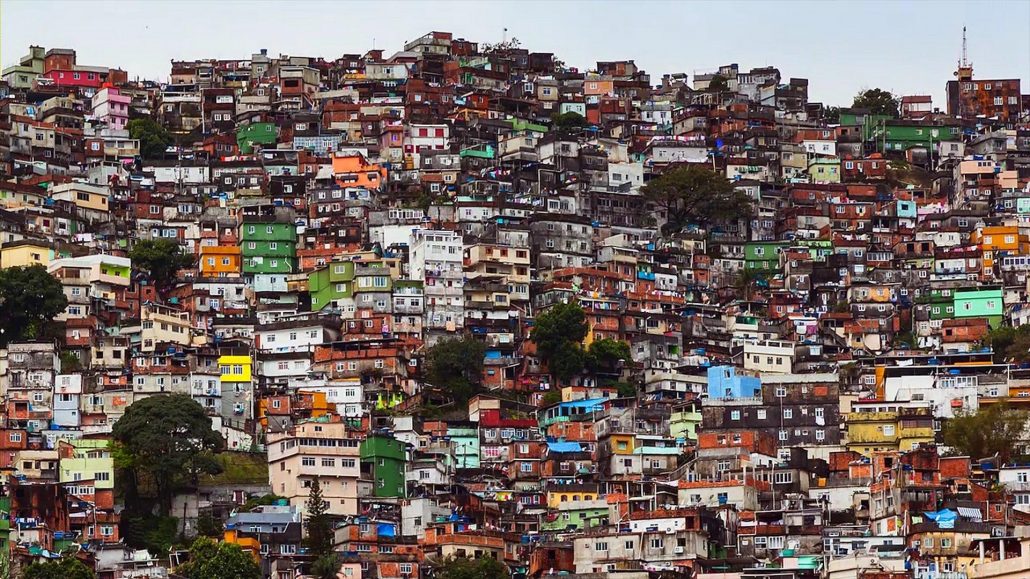

The 2 billion informal workers who pick up waste, do construction, drive minibuses, sell goods on the street, and do domestic work are engines of growth and productivity in many places. The pandemic pushed millions more people into urban poverty, often with no social safety net. And it is not only lives lost, but livelihoods. The urban poor are much more vulnerable to disease without even simple measures to protect themselves.

The COVID-19 pandemic has devastated cities, exposing long-present inequalities. Is there a path to transformative change that can make cities more prosperous, more equal, and low-carbon at the same time? A sustainable future depends on whether cities can transform. With many cities already struggling to meet people's basic needs, global development and climate challenges are increasingly urban challenges. Urban infrastructure is not keeping pace with the surge in residents. Our cities are growing, while inequality widens and livelihoods dwindle. Cities produce over 80% of GDP but also 70% of global GHG emissions. One in two people live in cities and 2.5 billion more will do so by 2050. We are not yet building the cities we need. Our planet needs successful cities-cities that are centers of innovation and productivity, cities where every family thrives, cities that realize the promise of low-carbon prosperity.


 0 kommentar(er)
0 kommentar(er)
